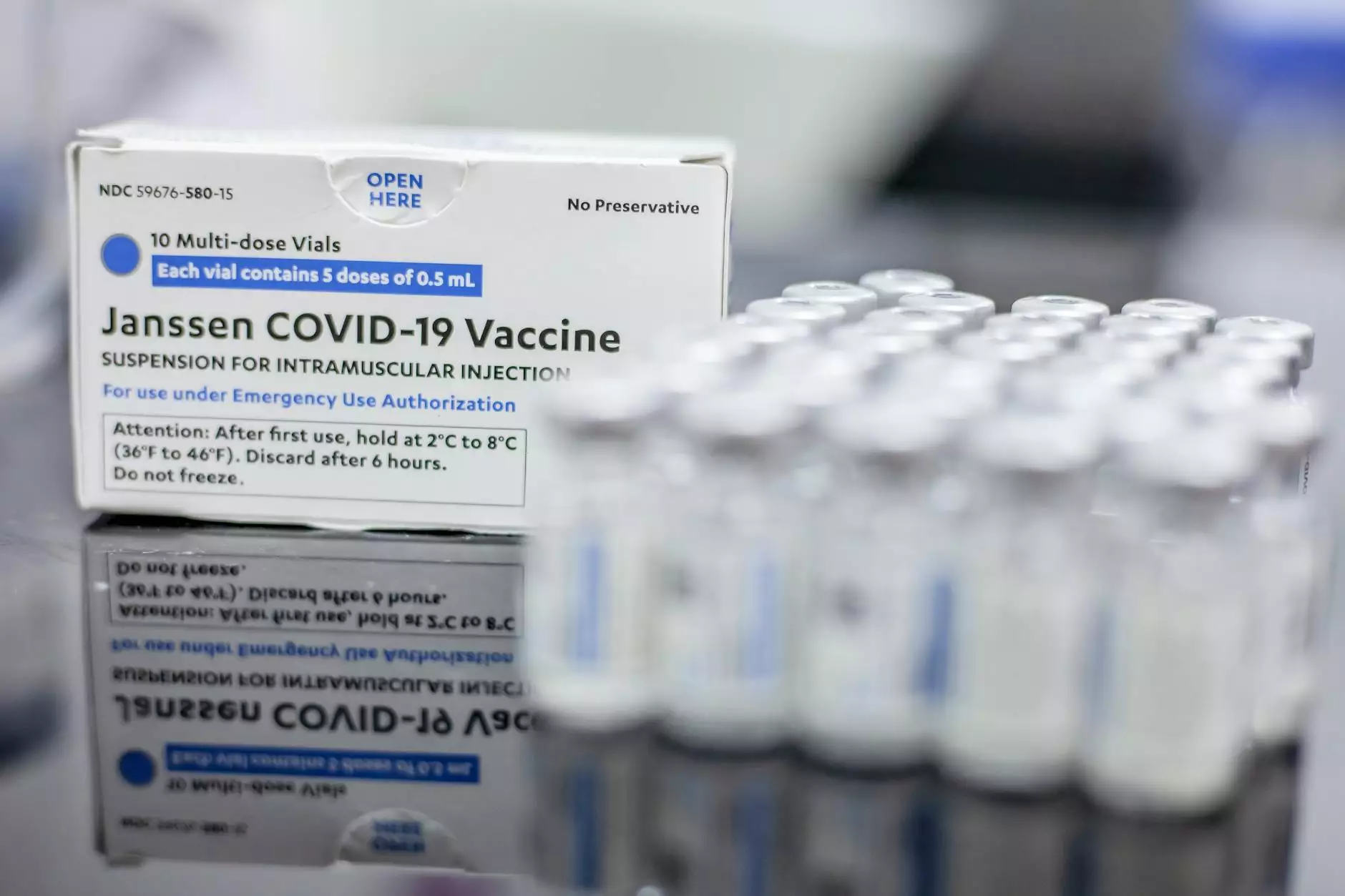The Power of Pharma CRM Tools in Business Management

In today's competitive landscape, businesses across various industries are increasingly recognizing the importance of integrating pharma CRM tools into their operational frameworks. These tools are not merely software applications; they represent a revolution in how pharmaceutical companies manage customer relationships, gather insights, and foster growth. This article delves into the myriad advantages of implementing pharma CRM tools, providing you with a comprehensive understanding of their significance in modern business management.
Understanding Pharma CRM Tools
Pharma CRM tools (Customer Relationship Management) are specialized software solutions designed specifically for the pharmaceutical industry. They help manage interactions with healthcare professionals (HCPs), streamline communication, and enhance the overall customer experience. The functionality of these tools extends beyond sales and marketing; they encompass data management, analytics, and regulatory compliance.
Key Features of Pharma CRM Tools
- Contact Management: Store and manage detailed profiles of healthcare professionals and organizations.
- Data Analytics: Utilize advanced analytics to derive insights from customer interactions.
- Reporting: Generate comprehensive reports for sales performance, marketing effectiveness, and regulatory compliance.
- Multichannel Engagement: Engage customers across various channels, including email, social media, and direct outreach.
- Task Automation: Automate repetitive tasks to increase efficiency.
- Regulatory Compliance: Ensure adherence to industry regulations and guidelines.
The Importance of Pharma CRM Tools
With the rapid evolution of technology, the pharmaceutical sector faces unique challenges, including stringent regulations, increased competition, and the need for effective vaccine and drug promotion. Here are some vital reasons why pharma CRM tools are indispensable:
1. Enhancing Customer Relationships
Building strong relationships with healthcare professionals is crucial for pharmaceutical companies. CRM tools facilitate meaningful interactions by providing instant access to customer data, preferences, and past interactions. This personalization leads to improved customer satisfaction and loyalty.
2. Driving Sales Efficiency
Sales teams equipped with pharma CRM tools are more capable of achieving targets. These tools allow sales representatives to track customer interactions, schedule follow-ups, and manage leads effectively. By providing comprehensive insights into customer behavior, businesses can tailor their pitches and close deals faster.
3. Streamlining Communication
Effective communication is key to any successful business. CRM systems offer a centralized platform for all communication, reducing the chances of missed messages or miscommunication. Teams can collaborate seamlessly, ensuring everyone is on the same page regarding customer interactions.
4. Data-Driven Decision Making
In the pharmaceutical industry, decisions backed by data are the most reliable. CRM tools gather extensive data on customer interactions, market trends, and sales performance. This information can be analyzed to inform strategic decisions, leading to improved outcomes and profitability.
5. Regulatory Compliance
The pharmaceutical industry is heavily regulated, and compliance is non-negotiable. Pharma CRM tools help companies maintain accurate records, ensuring compliance with industry standards and regulations. This not only protects the company from legal issues but also enhances its reputation.
Choosing the Right Pharma CRM Tool
When selecting a pharma CRM tool, it's essential to consider various factors to ensure it meets your business needs:
1. Scalability
Your CRM should grow with your business. Opt for tools that can accommodate increasing data and user requirements without compromising performance.
2. Customization
Every pharmaceutical company has unique needs. A good CRM tool should allow for customization of features and dashboards to cater to your specific operational requirements.
3. Ease of Use
A user-friendly interface is crucial for ensuring team adoption and minimizing training time. Choose a CRM tool that balances powerful features with ease of use.
4. Integration Capabilities
Your pharma CRM tool should integrate seamlessly with existing systems, such as marketing automation or eCommerce platforms, to unify operations.
5. Support and Training
Reliable customer support and comprehensive training programs are essential for successful implementation. Ensure the vendor offers ongoing assistance and resources for your team.
Case Studies of Successful Pharma CRM Implementation
Many pharmaceutical businesses have seen significant improvements after implementing pharma CRM tools. Here are a few notable examples:
Case Study 1: Global Pharma Co.
Global Pharma Co. faced challenges managing relationships with a vast network of healthcare professionals. After implementing a CRM solution, the company reported a 30% increase in sales due to improved communication and customer targeting. Custom dashboards provided insights that allowed the sales team to prioritize high-value accounts.
Case Study 2: HealthMed Solutions
HealthMed Solutions struggled with compliance issues and inefficient data management. By adopting a pharma CRM tool, they streamlined their processes, maintained accurate records, and significantly reduced compliance-related penalties. Their efficient communication strategy fostered stronger relationships with HCPs, boosting brand loyalty.
The Future of Pharma CRM Tools
The landscape of pharmaceutical marketing and sales is rapidly evolving. As technology advances, so too will the features and functionalities of pharma CRM tools. Trends to watch include:
- AI and Machine Learning: These technologies will enhance predictive analytics, enabling businesses to anticipate customer needs and tailor their offerings accordingly.
- Mobile CRM: With the rise of remote work, mobile access to CRM systems will become increasingly important for sales teams.
- Omnichannel Strategies: As customers engage through various platforms, CRM tools will play a crucial role in creating a unified customer experience.
- Enhanced Data Security: With the growing emphasis on data protection, future CRM solutions will likely incorporate advanced security measures to protect sensitive information.
Conclusion
In conclusion, the integration of pharma CRM tools into business operations is no longer an option; it's a necessity. These tools not only enhance customer relationship management but also drive sales efficiency, streamline communication, and ensure regulatory compliance. As businesses continue to evolve, embracing technology will play a pivotal role in maintaining a competitive edge in the pharmaceutical industry.
For businesses looking to succeed in today's fast-paced pharmaceutical market, investing in the right pharma CRM tools is essential. At veribase.com, we understand the unique challenges of the pharmaceutical industry. Our tailored solutions can help your business thrive in an increasingly complex environment.









